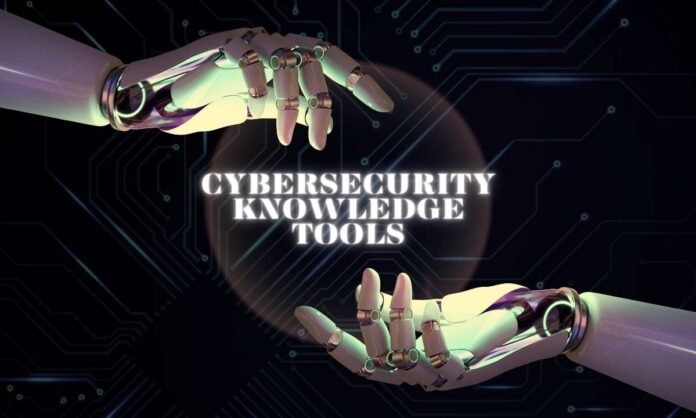The rising risk of problems.
Criminals utilize new methods to breach our digital security as technology advances. From fraudulent efforts and hazardous software infiltrations to data theft and extortion, the risk landscape has grown. Money, reputation, and personal information may be stolen in these events. Critical processes and sensitive data storage are becoming increasingly digital, increasing dangers.
Teaching People: Online Skills Development
- Online Safety Habits
trendzguruji.me Cyber hygiene education is comparable to personal hygiene education. Similar to handwashing, cyber hygiene may prevent digital threats. People should use strong passwords, two-factor authentication, and software updates. These few steps may boost their digital resilience.
- Detecting Deception
Phishing, spear-phishing, and other social manipulation attacks exploit cybersecurity’s human aspect. Teaching individuals these skills and helping them spot questionable emails may prevent them from giving sensitive information or falling for scammers.
- Personal Data Protection
In a time when personal data is precious, consumers should know how it’s collected, used, and protected. Teaching students how to handle privacy, manage data sharing, and read privacy rules helps them make informed online decisions.
Supporting Businesses: Online Resource Protection
- Staff Ed
A company’s cybersecurity relies on its least secure point, usually its employees. Employees should get rigorous cybersecurity training to promote vigilance. Regular training on spotting fake emails, password management, and safe internet surfing may boost the human defense mechanism against cyber threats.
- Complete Network Security
Businesses must emphasize robust network security. This comprises security obstacles, unauthorized access detection, and data encoding. Regular security checks and vulnerability assessments may identify system weaknesses before malicious actors can.
- Planning for Unexpected Events
No computer code is immune to cyber assaults. Companies need a clear strategy for unforeseen situations. This strategy covers security breach response measures to reduce negative effects and inaction. Regular training with practicing activities ensures a rapid and effective response to an attack.
Learning and Protection Resources
- Online threat protection software for computers and data.
Many cybersecurity technologies are available. These tools detect, block, and decrease various threats. People and corporations may defend themselves from common hazards using virus-fighting software, malware-prevention technologies, and unauthorized access detection systems.
- Online privacy networks
VPNs protect internet data, boosting privacy and security. VPNs protect personal data from attackers and provide secure remote worker connections.
- Information Security Methods
Data is encrypted into a secret code to prevent unwanted access. Encrypting sensitive data, whether moved or kept, ensures that unauthorized parties cannot read it without the encryption key.
Challenges and Ways
Despite advances in training and equipping individuals and organizations to guard against cyber dangers, many challenges remain. Continuous learning and modification are needed to keep up with cybercriminals’ evolving techniques. In addition, the absence of competent cybersecurity specialists makes online security risk mitigation difficult.
- Ongoing Education
Computer and network security is changing rapidly. Frequently revealed flaws and attack methods need constant education. Schools, online courses, and business gatherings enlighten individuals about trends and solutions.
- Bridging Knowledge and Ability
As more firms need cybersecurity specialists, the skills gap must be closed. Scholarships, coaching, and encouraging students to study cybersecurity may help build cybersecurity experts.
- Sharing information and working together
Online risks are neither sector-nor location-specific. Sharing information about hazards and successful techniques with governments, corporations, and educational institutions is crucial. Sharing information helps us keep ahead of fraudsters and protect ourselves.
- Using modern technologies
Advanced computer systems and automatic learning can change cybersecurity. These algorithms may uncover patterns and abnormalities in enormous amounts of data, identifying potential threats quickly. Using modern technologies in cybersecurity helps boost protection.
- Prioritise Ethical Hacking
Penetration testing, or ethical hacking, involves actively probing systems and networks to detect vulnerabilities and weak spots. This prevents hackers from exploiting weaknesses. This strategy lets firms proactively detect gaps and improve security.

